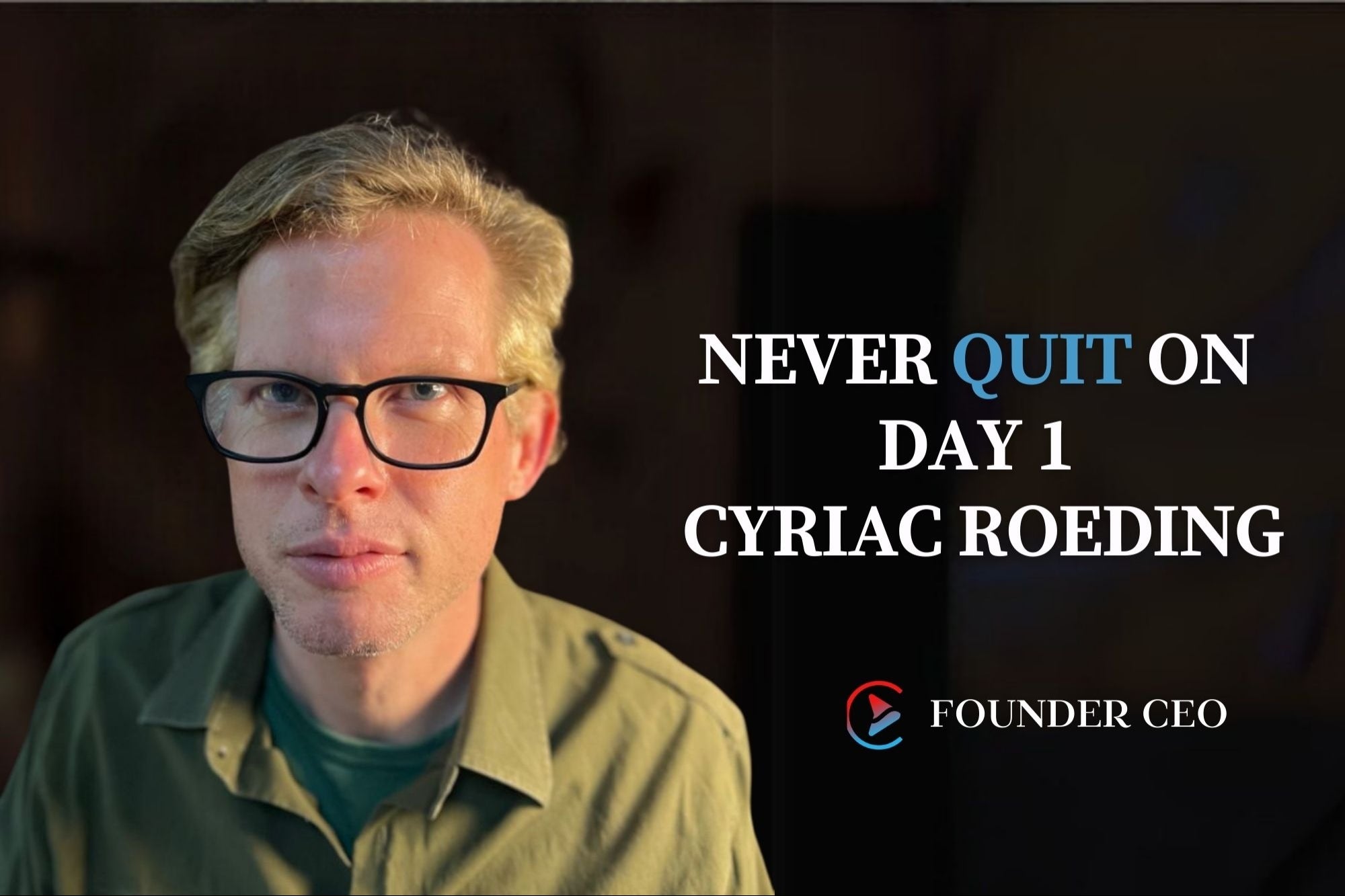Building a Business in the 'Thank You Economy' Social media maven Gary Vaynerchuk on the importance of a customer-focused company culture.
Opinions expressed by Entrepreneur contributors are their own.
Social media requires that business leaders start thinking like small-town shop owners. This means taking the long view and avoiding short-term benchmarks to gauge progress. It means allowing the personality, heart and soul of the people who run all levels of the business to show. And doing their utmost to shape word of mouth by treating each customer as though he or she were the most important customer in the world.
In short, business leaders are going to have to relearn the ethics and skills our great-grandparents' generation used in building their own businesses and took for granted.
We're living in what I like to call the Thank You Economy, because only the companies that can figure out how to mind their manners in a very old-fashioned way -- and do it authentically -- are going to have a prayer of competing.
Note that I used the word "authentically." I care a great deal about the bottom line, but I care about my customers even more. That's always been my competitive advantage.
We often call people who do a consistently great job "a professional," or "a real pro." I try to be a pro at all times, and I demand that everyone I hire or work with try to be one, too. All my employees have to have that caring in their DNA. My store, Wine Library, outsells big national chains. How do you think we do it?
It started with hustle. I always say that our success wasn't due to my hundreds of online videos about wine that went viral, but to the hours I spent talking to people online afterward, making connections and building relationships.
I could have talked to a million people a day about wine, but if I or my employees had come off as phonies or schmoozers, my company would not be what it is today.
You cannot underestimate people's ability to spot a soulless, bureaucratic tactic a million miles away. It's a big reason why so many companies that have dipped a toe in social media waters have failed miserably.
Related: How to Inspire an Ownership Spirit Among Employees
We don't just pull out the charm when a big spender walks in, or when someone is unhappy. We don't reply to inquiries with carefully worded legalese. We try not to calculate that one customer is worth more than another, and so worth more time and more effort, even as we recognize that a big customer can bring a lot to the table.
Maybe you've got a customer who spends only a few hundred dollars a year with you. What you can't see is that the customer is spending a few thousand elsewhere, maybe with your competitor.
You may have no way of knowing that the customer's best friend is the biggest buyer in the category.
What if you were able to build a relationship, make a connection, tilt the person's emotions toward you, and capture 30, 60, or even 100 percent of what he or she spends? Your small customer would become a lot bigger. That's why you have to take every customer seriously.
Related: 10 Laws of Social Media Marketing
This basic business principle that has been discussed a great deal, and some companies take it seriously. But the playing field is so different than in, say, 1990, that companies can no longer treat it as a nice idea to which they should aspire. Valuing every single customer is mandatory in the Thank You Economy.
If there's a problem, we never tell ourselves that we'll never have to deal with the customer again. We talk to every single individual as though we're going to be sitting next to that person at his or her mother's house that night for dinner. We make it clear that we want to help in whatever way we can, and that everyone's business matters to us. And we mean it.
I built my online company the same way I built the brick-and-mortar store. But it works only if everybody at the company gets on board. Unless you build a company from the ground up and install caring as your business's cornerstone, you have to be willing to embark on a cultural overhaul so that, like a local mom-and-pop shop, every employee is comfortable engaging in customer service, and does it authentically. Engagement has to be heartfelt, or it won't work.
Related: Book Review: Crush It! by Gary Vaynerchuk










